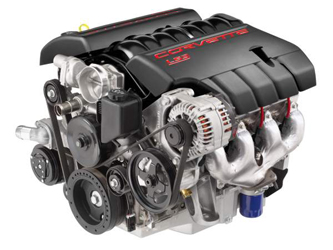C1AE5 Engine Code Repair
Meaning of C1AE5 engine trouble code is a kind of chassis trouble code and C1AE5 code can be about replacing a broken oxygen sensor can eventually lead to a busted catalytic convertor which can cost upwards of $2,200. Taking your car into a shop will cost you around $210 depending on the car. However, an oxygen sensor is easy to replace on many cars and is usually detailed in the owner's manual. If you know where the sensor is, you only have to unclip the old sensor and replace it with a new one. Regardless of how you approach it, you should get this fixed right away.
C1AE5 Fault Symptoms :
- Check engine light comes on
- Engine stalling or misfiring
- Engine performance issues
- Car not starting
If one of these reasons for C1AE5 code is occuring now you should check C1AE5 repair processes.
Now don't ask yourself; What should you do with C1AE5 code ?
The solution is here :
C1AE5 Possible Solution:

Excessive air inflow can be caused by a vacuum leak, a dirty sensor or, an exhaust gas recirculation valve not closing properly. If the problem is not enough fuel, the culprit may be dirty injectors or fuel filters, a weak fuel pump or a leaky fuel pressure regulator. The lean fuel mix error may be accompanied by rough idling, engine misfires, hesitation during acceleration and overall poor engine performance.
C1AE5 Code Meaning :
C
OBD-II Diagnostic Chassis (C) Trouble Code For Engine
1
Fuel And Air Metering
a
e
5
Timing Reference High Resolution Signal A Too Many Pulses
The catalytic converter has an oxygen sensor in front and behind it. When the vehicle is warm and running in closed loop mode, the upstream oxygen sensor waveform reading should fluctuate.
C1AE5 OBD-II Diagnostic Chassis (C) Trouble Code DescriptionC1AE5 engine trouble code is about Timing Reference High Resolution Signal A Too Many Pulses.Main reason For C1AE5 CodeThe reason of C1AE5 OBD-II Engine Trouble Code is . |
C1AE5 the main thing to check is to verify the operation of the VCT solenoid. You're looking for a sticking or stuck VCt solenoid valve caused by contamination. Refer to vehicle specific repair manual to perform component tests for the VCT unit.
